The world of mobile applications is diverse and useful in one way or another to individuals. Different types of apps on mobile that are readily available help us avoid the use of multiple devices. Moreover, developers are continuously working to build different types of apps to provide solutions to all problems. Hence, this article gives you an understanding of the vast selection of apps and their importance in our lives.
Exploring 3 Types of Apps
Understanding the types of mobile apps available will help us select the right option for specific tasks. From a developmental perspective, we can divide apps into 3 types, which we will discuss in this section. Building each type involves utilizing different skills with specific advantages and disadvantages associated with them, which we will discuss here.
1. Native Apps
Native apps are developed for specific OS, like Android or iOS, which makes them restricted across specific devices. Moreover, these apps are developed with a variety of programming languages, such as Java, Python, or C++. Due to their smooth integration, users can effortlessly access the device’s features like Bluetooth or GPS for better functionality while using these apps.
In addition, these types of phone apps are intuitive and easy to use as they adopt the operating system’s UI elements and gestures. The most common use cases of native apps are gaming, financial apps, productivity, social media, and on-demand services. In short, if your priorities towards an app are speed, smooth integration, and performance, native apps are for you.
Pros
- These types of apps on mobile are faster and more consistent compared to other apps.
- Native apps provide offline functionalities, allowing users to access features without the internet.
Cons
- Consequently, such apps require separate development and maintenance for iOS and Android, increasing costs.
- Due to their size and frequent updates, native apps take up more space and memory on the devices.
2. Hybrid Apps
When talking about hybrid apps, they provide a convincing option for businesses seeking to reach a broad audience with a seamless development process. Such types of mobile apps offer a unique approach to mobile app development. Unlike native apps built for specific operating systems, hybrid apps are created from web technologies like HTML, CSS, and JavaScript.
As a result, hybrid apps are easily accessible on both Android and iOS devices. They bridge the gap between native apps and web apps, offering a balance between functionality and development efficiency. Therefore, hybrid apps are made reliable for different types of mobile apps, such as social media, information, E-commerce, and productivity.
Pros
- Since they use a single codebase, hybrid apps are more cost-effective and have a faster development speed.
- Hybrid apps can be updated easily through the assorted application stores.
Cons
- They have limited functionality, so they can’t have full access to all of the device’s features.
- Moreover, developers can easily mess up the UI of such complex types of phone apps.
3. Web Apps
Web apps are accessed through web browsers, unlike native and hybrid apps that require installation. So, this makes the app readily available through an internet connection on any device. Users can access their emails, edit documents, or play games on these apps through browsers with stable internet. From email to streaming services, they deliver functionality through any web browser, so users have access to various types of apps online.
The code for web apps is written in languages like HTML, CSS, and JavaScript, similar to websites. Apart from that, web apps allow for a familiar user experience across different devices and operating systems. However, unlike websites, web apps offer more interactive features, enabling users to perform tasks and alter data within the browser.
Pros
- Such apps have a lower development cost since they use a single codebase.
- They have access to a pool of potential customers as SEO drives a significant audience to the app.
Cons
- Besides, web apps rely on an internet connection to function properly and do not have any offline functionalities.
- Since web apps operate entirely online, they can be vulnerable to security breaches and cyberattacks.
Which Type of App Should You Choose?
As you have a clear idea of the different types of apps, you will be questioning which type is the best. For this purpose, you can use the table below to compare each app type. With this knowledge, you will be able to quickly analyze which type of app will help you.
| Feature | Native Apps | Hybrid Apps | Web Apps |
|---|---|---|---|
| Speed | High | Medium | Depends on internet connection |
| Programming Language | Platform-specific (Swift for iOS, Kotlin for Android) | Web technologies (HTML, CSS, JavaScript) with frameworks like React Native or Ionic. | Web technologies (HTML, CSS, JavaScript) |
| Building Cost | High | Medium | Low |
| Maintenance Cost | High | Depends on the type of app. | Low |
| Offline Availability | Yes | Yes | No |
| Hardware Integration | Access to all features | Access depends on the app plugin | Access depends on the browser |
| Time to Market | Slow (separate development for each platform) | Relatively Fast | Fastest |
| Audience Size | Low | Medium | High |
| Launch Time | Slow | Fast | Fast |
| SEO Visibility | Low | Low | High |
To decide whether you want to choose between native, hybrid, or web apps, look into your requirements first. If you are looking for high-performance apps for gaming, native apps are the best fit. However, to get an application that works seamlessly on iOS and Android with speed, your pick should be hybrid apps. In contrast, for a broader audience at a lower cost, web apps would be the best for you.
Top 5 Types of Mobile Apps You Should Consider Building
When it comes to use cases, you can choose to create from many types of apps available. However, the selection of the application type will entirely depend on your target audience. Here, we will discuss 5 different types of mobile apps to develop for users of different kinds.
1. Gaming Apps
Such types of apps on mobile are quite popular among the young generation and are a source of entertainment for millions. They can range from simple puzzles to complex multiplayer experiences, making them suitable for all gamers. Other than that, the revenue gained from such gaming apps is high, as you can include in-app purchases and ads. Therefore, developing engaging and addictive games can lead to long-term success.
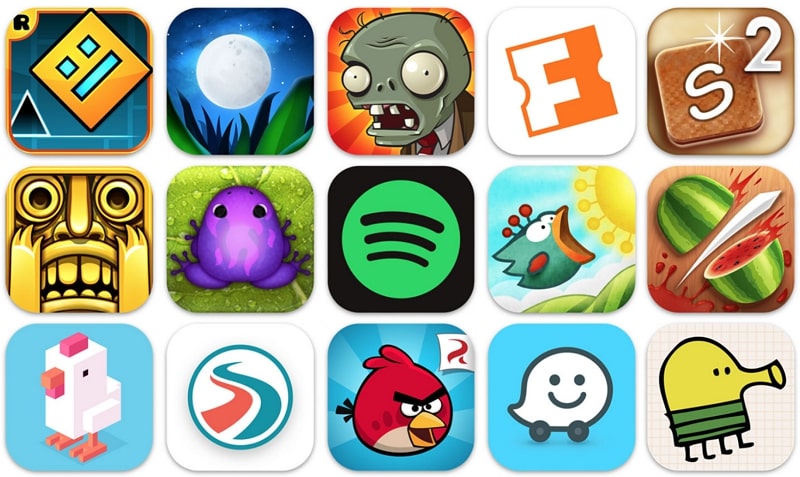
2. Educational Apps
Educational apps facilitate learning for all ages, offering interactive lessons and quizzes. They support school curriculums and provide specialized knowledge, enhancing educational accessibility. Users benefit from progress tracking and personalized learning experiences. The demand for remote learning tools ensures these apps remain highly relevant and valuable, promoting continuous education and skill development.
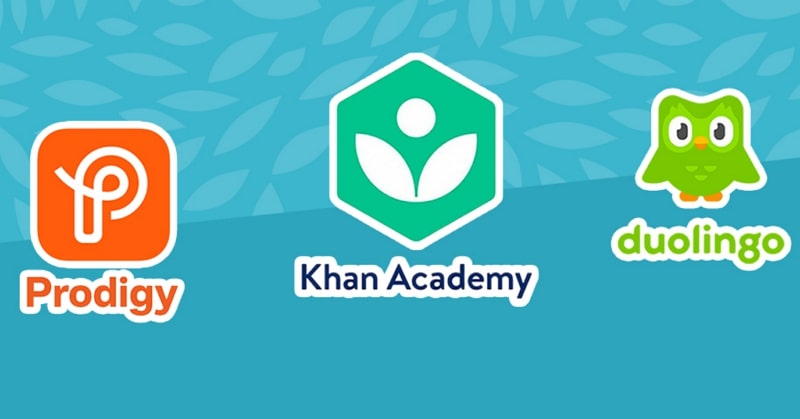
3. Communication Apps
When discussing communication apps, they connect people through text, voice, and video. With their interactive features, these enhance social interactions and support remote work for professionals. Features like group chats, file sharing, and video conferencing are essential for such apps. Thus, the increase in remote collaboration has boosted the need for these apps for better workflow.
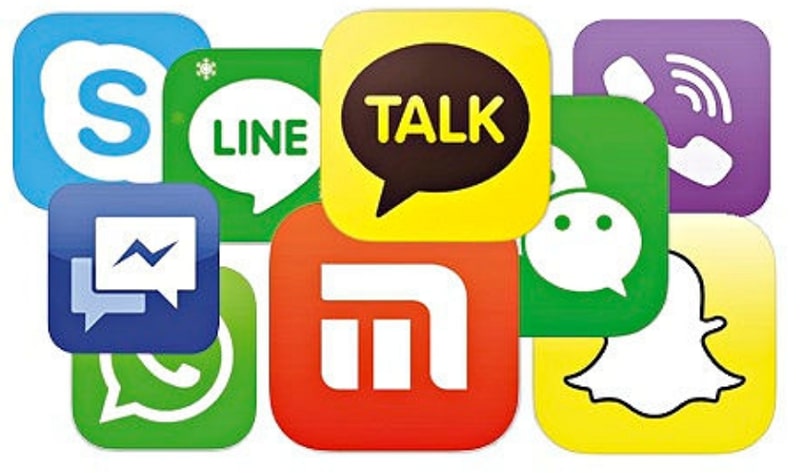
4. Lifestyle Apps
Lifestyle apps focus on fitness, diet, fashion, and hobbies, providing personalized experiences. They help users improve their quality of life and manage daily routines with the relevant features. Some major features include tracking progress, setting goals, and getting tailored advice. Moreover, this category has a wide user base looking to enhance their lifestyles and achieve personal goals.
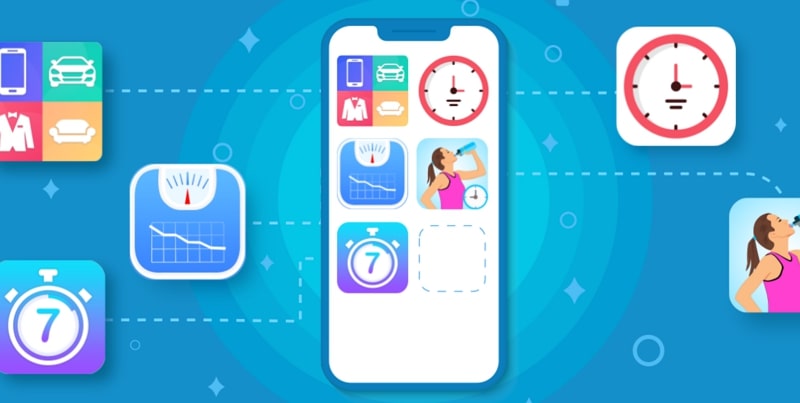
5. Fintech Apps
Using this type of mobile application, users can seamlessly perform financial transactions and investments. This provides easy access to banking services, where users can manage their finances from the comfort of their homes. Users benefit from improved financial management and convenience. With the rise of digital banking, these apps are increasingly in demand and valuable, so this will be a great app to develop.
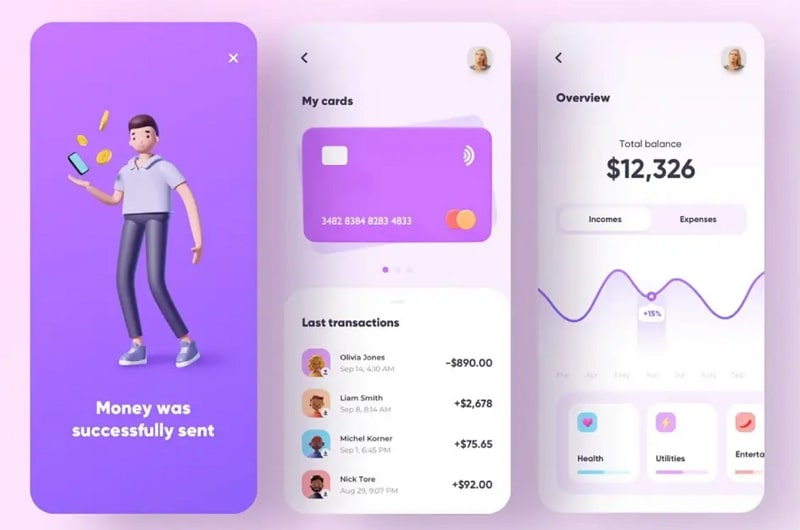
Supercharge Your Apps with ZEGOCLOUD’s RTC Solutions
Enhancing your apps with real-time communication solutions of ZEGOCLOUD can improve user engagement and fulfillment. This platform offers high-quality video calls and voice calls, live streaming, and real-time messaging features. Integrating these capabilities will ensure smooth and real-time interactions to keep users connected and engaged. With its ultra-low latency communication APIs, this platform makes your video calling and live streaming features seamless.
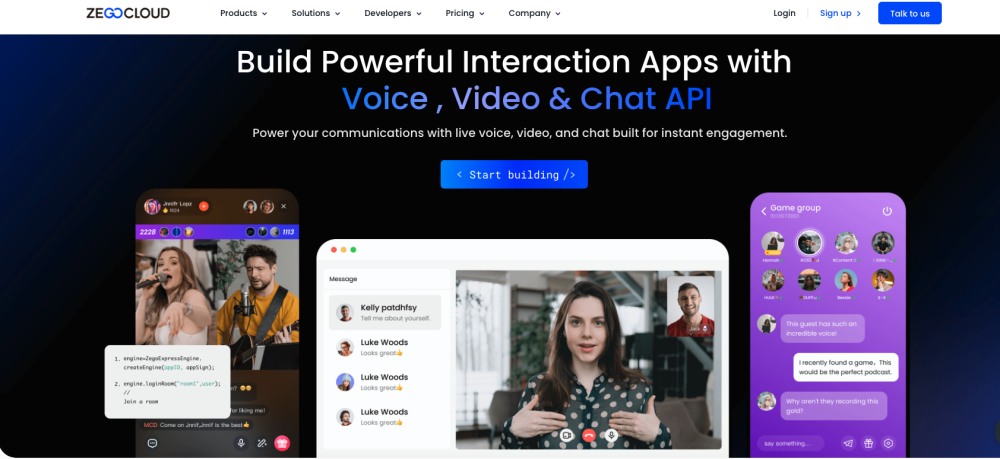
Other than that, their easy-to-use SDKs and APIs make the integration process smooth, helping you boost your app’s functionality quickly and efficiently. These APIs can also be customized to let you develop a codebase that best fits the type of mobile app. Whether you are developing a gaming app that requires live chatting or an educational app, ZEGOCLOUD is the platform you should trust.
Conclusion
To summarize this article, we have discussed how different types of apps cater to our digital needs. This article will help you analyze which type of native, hybrid, and web apps best fit your requirements. If you are looking for the best solutions while building your apps, you can utilize ZEGOCLOUD’s APIs and SDKs. With its effective video calling and streaming APIs, this will help you produce seamless communication apps that will lead you to long-term success.
Read more:
Let’s Build APP Together
Start building with real-time video, voice & chat SDK for apps today!










